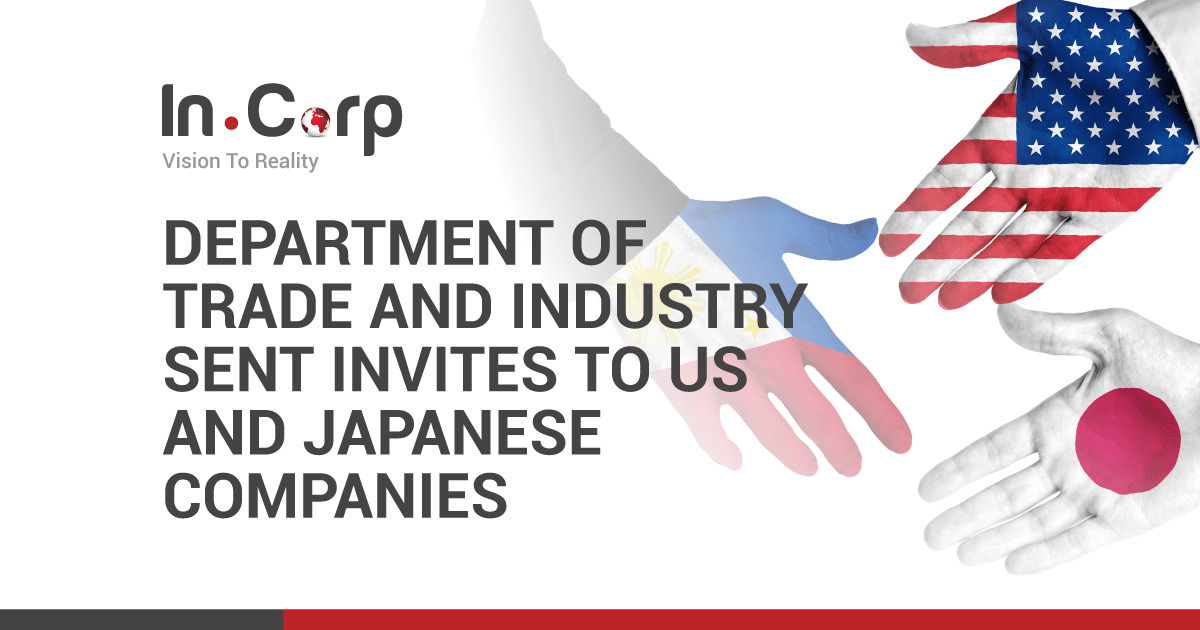
Department of Trade and Industry Sent Invites to US and Japanese Companies
Alfredo Pascual, the Department of Trade and Industry (DTI) secretary, proposed three key projects created to stimulate growth in the Luzon Economic Corridor at a meeting in Washington, D.C., and encouraged United States and Japan companies to cooperate.
Secretary Gina Raimondo of the US Department of Commerce and Minister Ken Saito of the Japanese Ministry of Economy, Trade and Industry attended the meeting last Thursday.
In a video posted by Radio Television Malacañang, Pascual stated, “The first presentation I made was on our Luzon economic corridor, which we are really developing to be the center of manufacturing and logistics in the country.”
He emphasized the projects, which are the Subic-Clark-Manila-Batangas railway system, the Clark International Airport expansion, and the Clark National Food Hub.
According to him, the railway system intends to bring connectivity for goods and people, while Clark Airport expansion includes the construction of a second runway. On the other hand, Clark National Food Hub aims to accumulate agricultural production in the region for the domestic and export markets.
Pascual cited, “At my level, talking to my counterparts from Japan and the US, I feel very optimistic that something concrete will come out of this discussion and the summit among our leaders.” Raimondo and Saito expressed their enthusiasm and support for the upcoming projects.
President Ferdinand Marcos Jr., US President Joe Biden, and Japanese Prime Minister Fumio Kishida disclosed the Philippines-US-Japan partnership for the development of the Luzon Economic Corridor to help increase investments in critical sectors during the trilateral summit at the White House on Friday.
Aside from investments in Luzon, Pascual also emphasizes the importance of having a Critical Minerals Agreement (CMA) between the Philippines and the US or as an alternative for the Philippines to comply with the US-Japan CMA. He stated that the proposed agreement could be a good signal and an incentive for the private sector to invest in more processing in the Philippines.
During his closing remarks, Pascual expressed his enthusiasm for future partnerships and encouraged continuous commitment to recognize common objectives. He highlighted the possible impact of proposed projects on economic development and social welfare and aimed for sustained communication and accomplished efforts from all sides.
Creating a positive path for future partnerships and common accomplishments, the Trilateral Economic Ministers Meeting serves as a foundation for progressive collaboration among the three nations.

